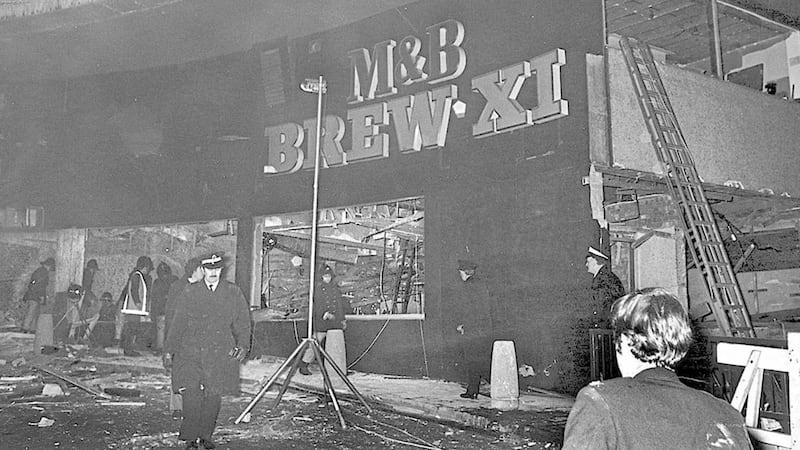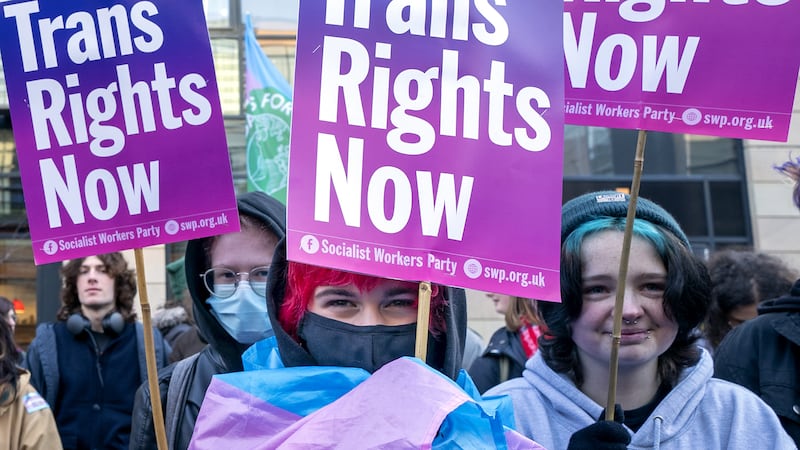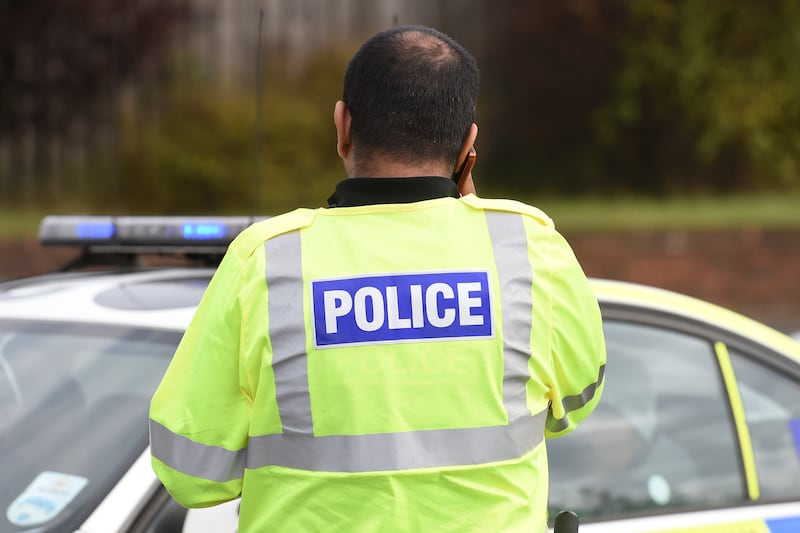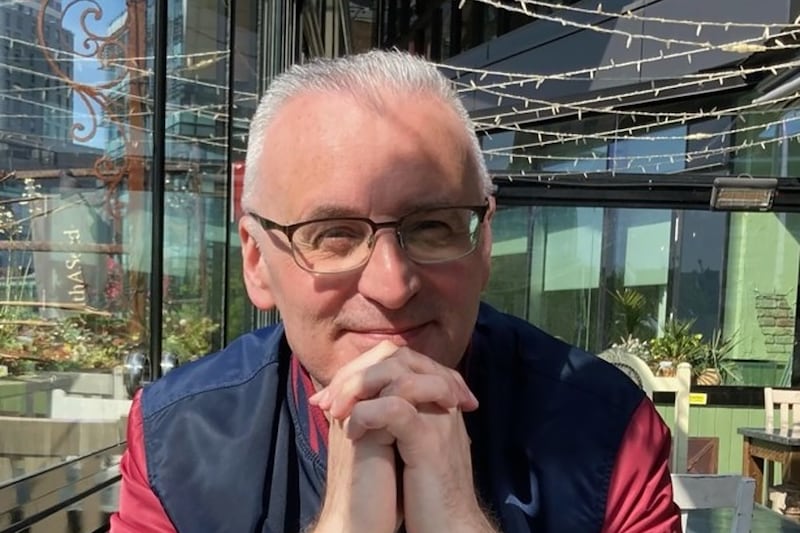A VICTIM of the IRA pub bombings in Birmingham gave away a "lucky charm" to a friend at the bar on the night of the blast, an inquest has heard.
Hearings into the deaths of 21 people in the 1974 bombings got under way this week after a 44-year wait for the bereaved families.
Coroner Sir Peter Thornton told jurors they would hear evidence of how two bombs ripped apart two pubs on what was a "perfectly ordinary evening" on November 21.
The twin blasts, detonating in "massive explosions" minutes apart inside the Mulberry Bush and the Tavern in the Town, brought "devastation", jurors heard.
Family members said the dead – from every walk of life including a post office worker, shop managers and electricians – were "cruelly robbed" of their lives in "the carnage of that night".
On Tuesday loved ones read pen-portrait tributes to the victims during emotional scenes in the courtroom.
Jurors heard that friends Michael Beasley, James Caddick, Stan Bodman, Trevor Thrupp, John Clifford Jones and John Rowlands were stood at their usual spot, by the serving hatch at the end of the bar in the Mulberry Bush.
Mr Beasley, known as Mick, was a regular at the pub on the ground floor of the famous Rotunda.
The 30-year-old, a stock controller from Sparkbrook, was a film enthusiast and was allowed in the projector room at the Odeon a few dozen yards away from the pub.
The inquest heard that not much was known of Mr Beasley, but his interests and life had been pieced together from other sources and survivors.
Peter Skelton QC, for the coroner, read the tribute, including an account from one of the last to see him alive.
He said: "In the Mulberry Bush, Michael spoke to Mary Jones, the wife of the licensee.
"He told her he'd found a lucky Cornish pixie charm on the bus on the way to town that night and gave the charm to her.
"Mary kept the charm and always carried it with her, following that evening."
The youngest victim was Neil Marsh, aged 16, who had come from Jamaica to be with his mother.
His cousin, Danielle Fairweather-Tipping, read the tribute to the teenager, known as Tommy, who had "died as a child", nine days before his 17th birthday.
She said he was "charming, full of life and vibrant", and would have been 62 now and "probably got married and had children".
"His death has been a devastation to our family and words really can never explain this," he said.
"A young man, full of life's joys and ambitions, considerate and loving – our love for you will never die."
Neil's friend, 17-year-old Paul Davies, was with him when they were caught in one of the blasts.
His daughter Michelle Sealey and son Paul Bridgewater paid tribute to their reggae-loving father who would "never be forgotten".
Ms Sealey said her father had "loved martial arts and Bruce Lee" and would practice his moves at home.
"After hearing stories about him, I remember I would daydream about him being around, and what kind of relationship we would have had," she said.
Father of two Mr Rowlands, who served in the Second World War with the Fleet Air Arm, was an electrician in peacetime and a "bit of a card and a joker", his son Paul Rowlands said.
"On night of his death, he died with his friends as they stood around the bar. I knew exactly where he stood when he died," he said.
"If he had lived, I know my life would have been very different from what it was. He would have been there to protect me and care for me.
"I wish I had known him as an adult and a man."
Mr Thrupp, a 33-year-old father and railway guard, had an "infectious" laugh, and was the "life and soul of the party", his son Paul told jurors.
He said: "The day dad died was like yesterday."
He said his two sisters, Diane and Dawn, were asleep in bed "when the terrible truth unfolded".
Mr Bodman was a "larger-than-life" character, a father-of-three, and an electrician who had served with the RAF in wartime, his son Paul said.
His father reassured him there was no danger of the IRA bombing campaign targeting that pub "because the targets in those days were thought to be political or military targets, not public".
"The carnage that night will never be forgotten and as a family we hope the inquest will finally bring some answers," he said.
Mr Caddick (56), and also a father-of-three, was a porter at the nearby Birmingham markets.
Mr Skelton told the court he was "in the company of friends" when the bomb went off.
Mr Jones, known as Cliff, was "modest and unassuming", and a post office worker who worked moving mail off the trains at New Street station.
He had been gravely wounded by machine gun fire in Belgium in 1945, but survived only to be taken "in a cruel and barbaric way" in 1974, his son George Jones said.
Mr Jones (51), was known for "putting himself forward" with bravery, and in early 1974 had dragged a passenger clear of the rail tracks.
After two weeks leave, he returned to work and, while on a break from a late shift, went to the pub to "catch up with a group of six friends who were regulars".
George Jones said: "They always stood in the same position at the end of the bar, next to the serving hatch, having a drink and enjoying each other's company as they normally did.
"Little did they know that they were standing just feet from a bomb that killed all of the group along with other innocents, leaving many badly injured and traumatised."
The inquests continue.







